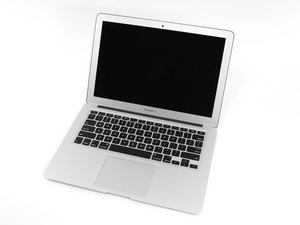MacBook Air 2013 freezes after SSD upgrade to Samsung XP941
Hi all,
I have some problem with my MacBook Air 13" 2013.
I have upgraded it with Samsung XP941 using an adapter.
But after some time I started experiencing system freezes after putting computer into sleep. When I close the screen lid, and open it again after some time, when the computer is supposed to wake up the OS is frozen, sometimes i can move coursor, sometimes not. It is like clicking on a screenshot of previously open app windows.
Is there any way to make it work?
Many thanks
Is this a good question?


 3.4k
3.4k  1.1k
1.1k  2.6k
2.6k 